Menopause is when a woman stops having periods permanently. It happens because the ovaries stop releasing eggs and hormone levels such as oestrogen and progesterone drop. Doctors say a woman has reached menopause when she has not had a period for 12 months in a row.
Menopause is something that every woman will experience in her lifetime, yet it can feel confusing or worrying if you do not know what to expect. It is a natural part of ageing, but because it can affect the body, mind, and daily life, many women want clear information about what it means. This guide explains menopause in simple terms, answers common questions, and looks at how it may be managed. For most women, this happens between the ages of 45 and 55, with the average in the UK being around 51.
The symptoms of menopause can be different for everyone. Some women experience only a few, while others may notice many changes. Common symptoms include hot flushes, night sweats, changes in mood, poor sleep, vaginal dryness, reduced sex drive, and changes in memory or concentration. Some women also find their joints ache more or their hair and skin feel different.
These symptoms happen because the body is adjusting to lower hormone levels. For some, they are mild and manageable. For others, they can be severe and affect daily life.
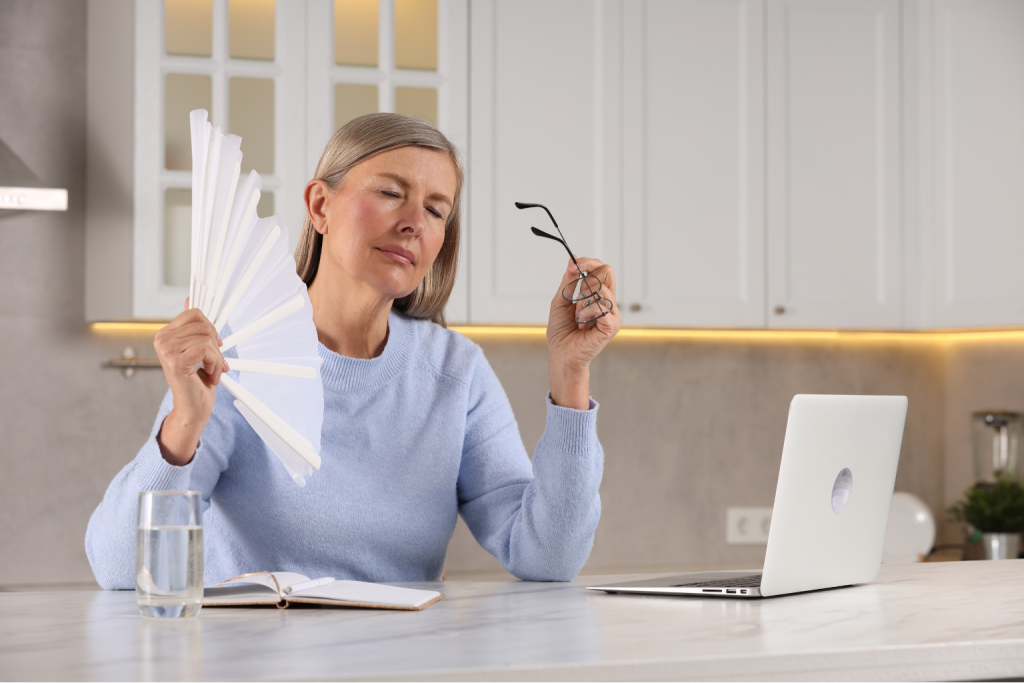
Perimenopause is the stage before menopause. During this time, hormone levels start to change, and periods may become irregular. Some women start to notice hot flushes, mood swings, or heavier or lighter periods. Perimenopause can last several years, and it ends when periods stop completely.
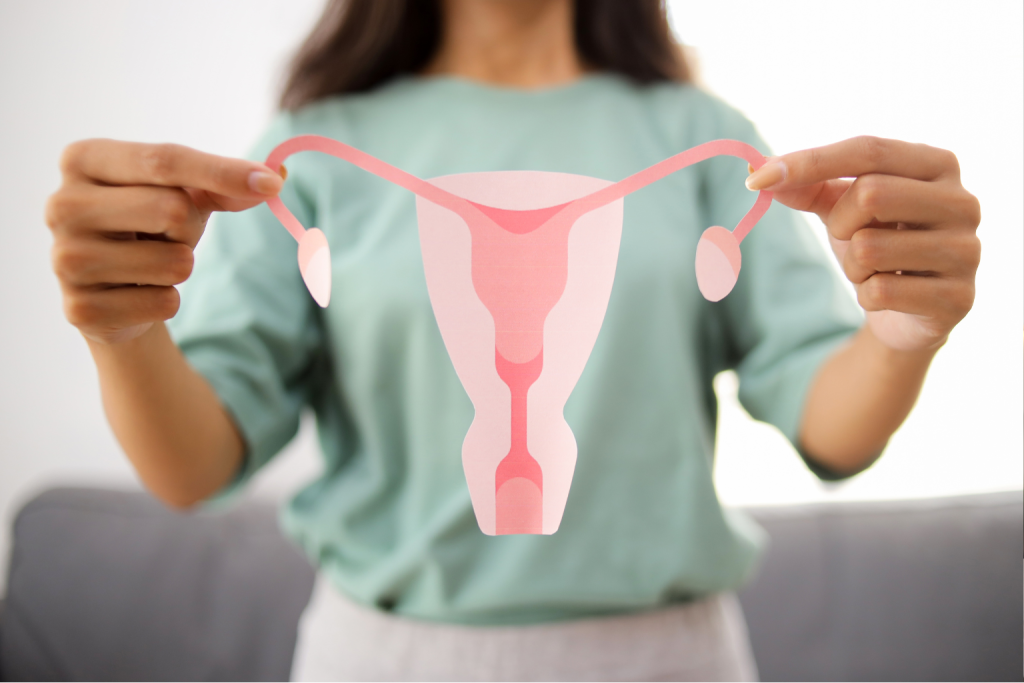
Menopause itself is a single point in time—the day 12 months after your last period. But symptoms linked to it can last for years. On average, women experience symptoms for around four to five years, though some may have them for a shorter or longer period.
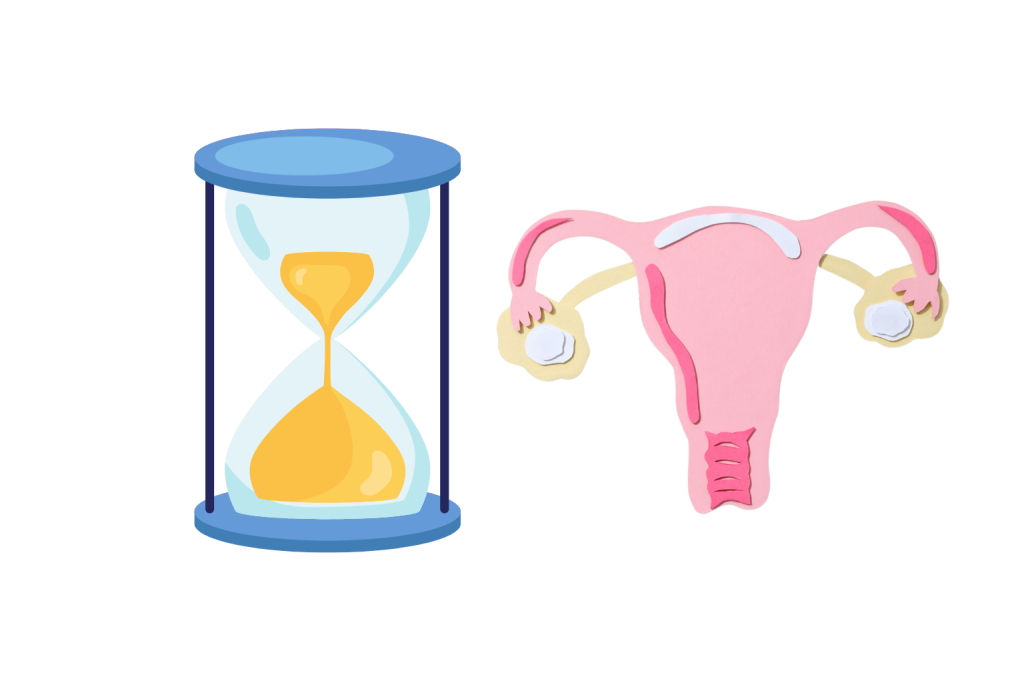
No, every woman’s experience is unique. Some women notice only mild symptoms, while others find their daily life is strongly affected. Family history can also play a role—if your mother experienced menopause earlier or later, you may too. Health conditions and lifestyle can also influence how symptoms feel and how long they last.
Because oestrogen levels fall, menopause can increase the risk of certain health issues. These include osteoporosis (weaker bones), heart disease, and weight gain. It can also affect bladder health and dental health. This does not mean every woman will face these problems, but being aware of them can help with prevention through diet, exercise, and regular health checks.
Yes, many women notice changes in their mood. Some feel more anxious, irritable, or low in mood. This can be caused by hormone changes, poor sleep, or the stress of dealing with symptoms. Talking about these feelings and getting support from family, friends, or professionals can make a big difference.
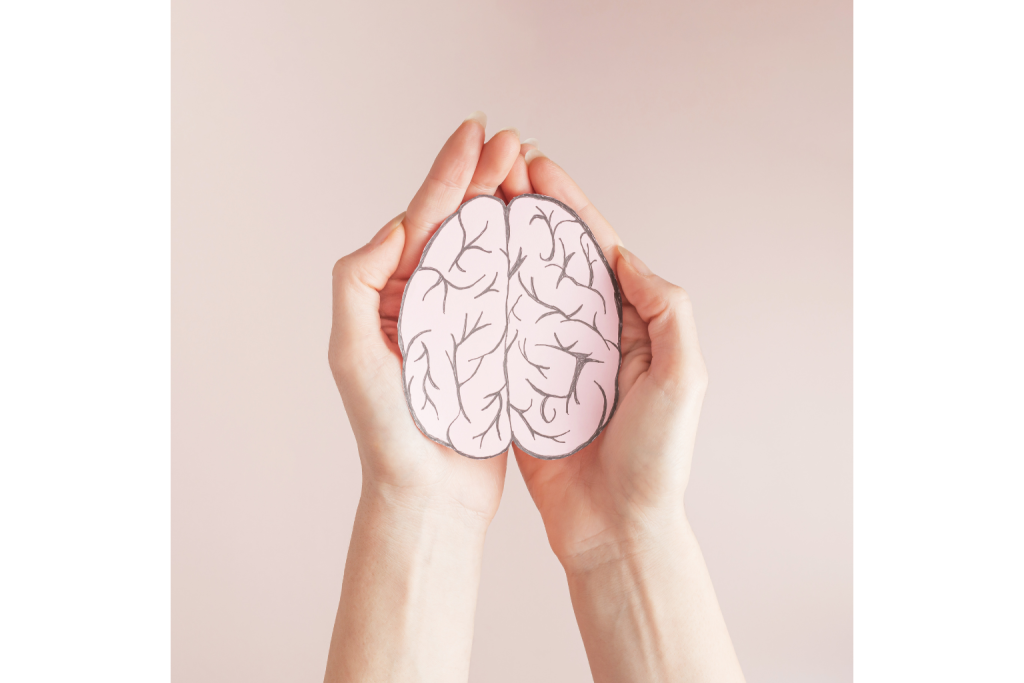
There are several options to help manage symptoms. The most common is hormone replacement therapy (HRT), which replaces the hormones the body is no longer making. This can ease hot flushes, improve sleep, and protect against bone loss.
Other treatments include lifestyle changes, such as regular exercise, healthy eating, stopping smoking, and reducing alcohol. Non-hormonal medicines and natural remedies are also sometimes used. The best treatment depends on each woman’s symptoms, age, and medical history.
In the UK, you can speak to your GP about menopause symptoms. They can offer advice, tests, and treatments such as HRT. For women who want faster appointments, more choice of treatments, or specialist care, private clinics are another option. The decision often depends on personal preference and budget.
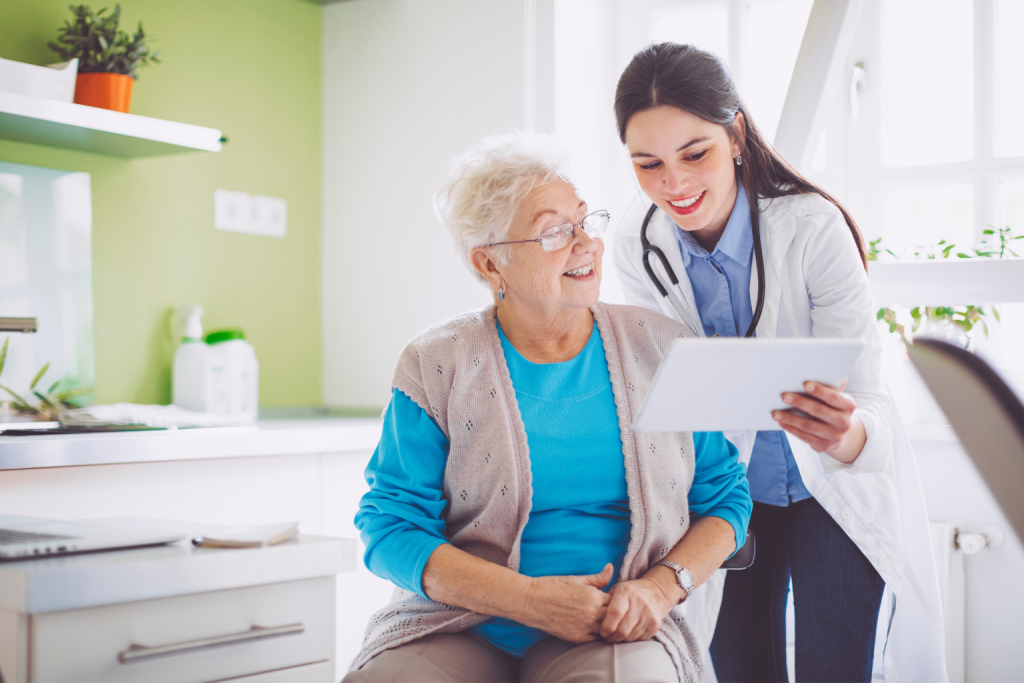
Doctors usually diagnose menopause based on symptoms and age. Blood tests are sometimes used to measure hormone levels, especially for women under 45 or when the diagnosis is less clear. Most of the time, tests are not needed, as the symptoms and pattern of periods give enough information.
Menopause before 40 is called premature menopause or premature ovarian insufficiency. It affects about 1 in 100 women. This can happen naturally or because of medical treatments such as surgery, chemotherapy, or radiotherapy. Women who experience menopause early may need extra support, including HRT, to protect bone and heart health.
Yes, even women with no health problems and active lifestyles can experience strong symptoms. Being healthy does not prevent menopause; it only helps manage its effects. For example, exercise and balanced eating may ease some symptoms, but they will not stop menopause from happening.

Many myths surround menopause. Some people think it only affects older women or that symptoms are only about hot flushes. Others believe menopause means the end of sexuality or energy. These are not true. While menopause changes the body, many women find new ways to manage their health, relationships, and quality of life.
Once menopause has passed, symptoms often lessen, although some may continue. The body adapts to lower hormone levels, and many women feel more stable again. However, the increased risks to bone and heart health remain, so staying active and having regular health checks is still important.
Menopause is a natural stage of life when periods stop, and hormone levels fall. It usually happens between ages 45 and 55, but symptoms and experiences vary widely. While some women notice only mild changes, others face difficult symptoms that affect daily life. Support is available through lifestyle changes, medical treatments such as HRT, and both NHS and private care. Understanding what is happening can make the journey easier and help women feel more prepared.
Disclaimer: Seonat provides general health information for educational purposes only. This content is not a substitute for professional medical advice, diagnosis, or treatment. Always seek the advice of your GP or another qualified health provider with any questions about a medical condition or before making health decisions.

Simplifying health information for those who need it most
Please note: we are not medical professionals, and the content on this website is for general information only. Always speak to a qualified healthcare provider for medical advice.